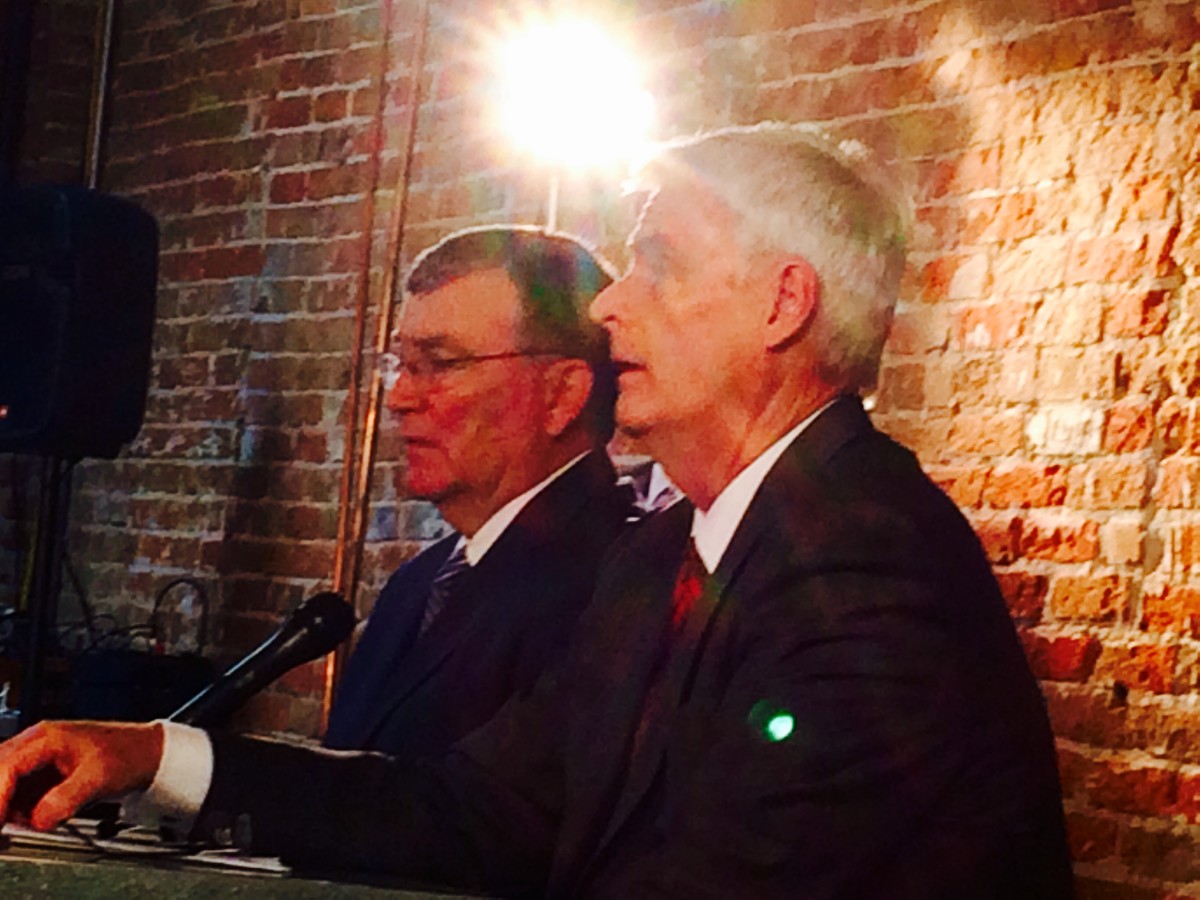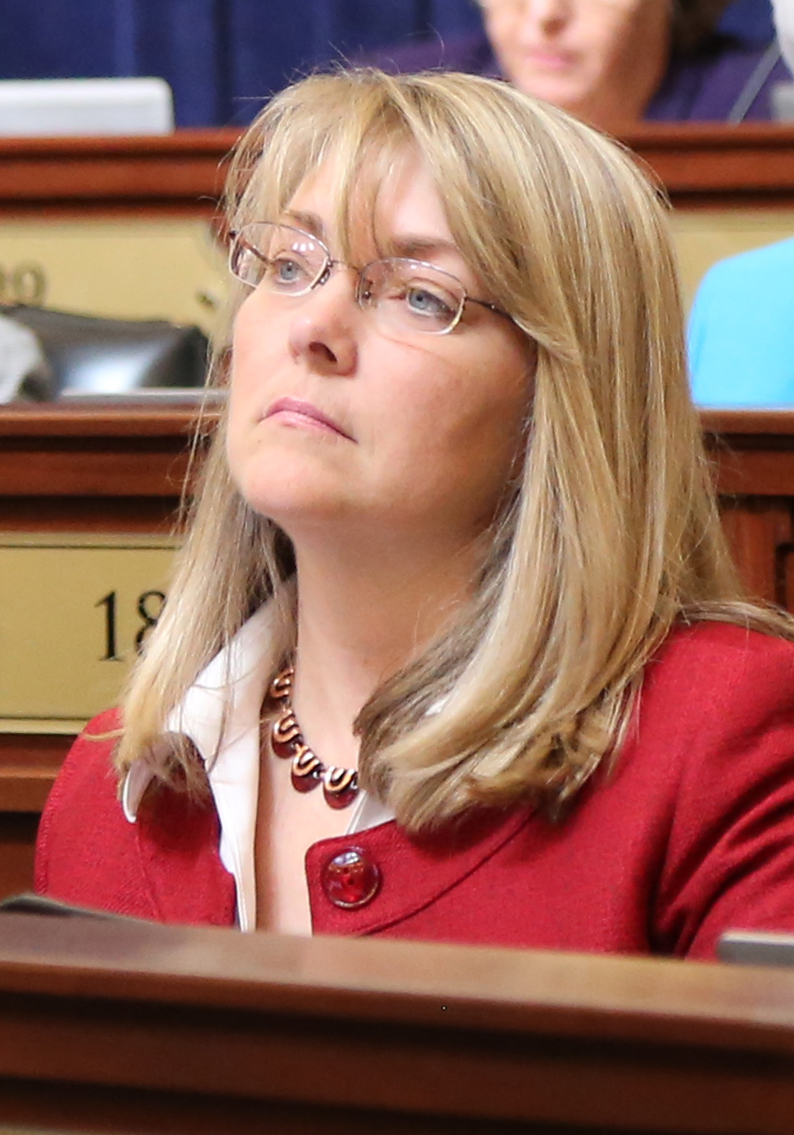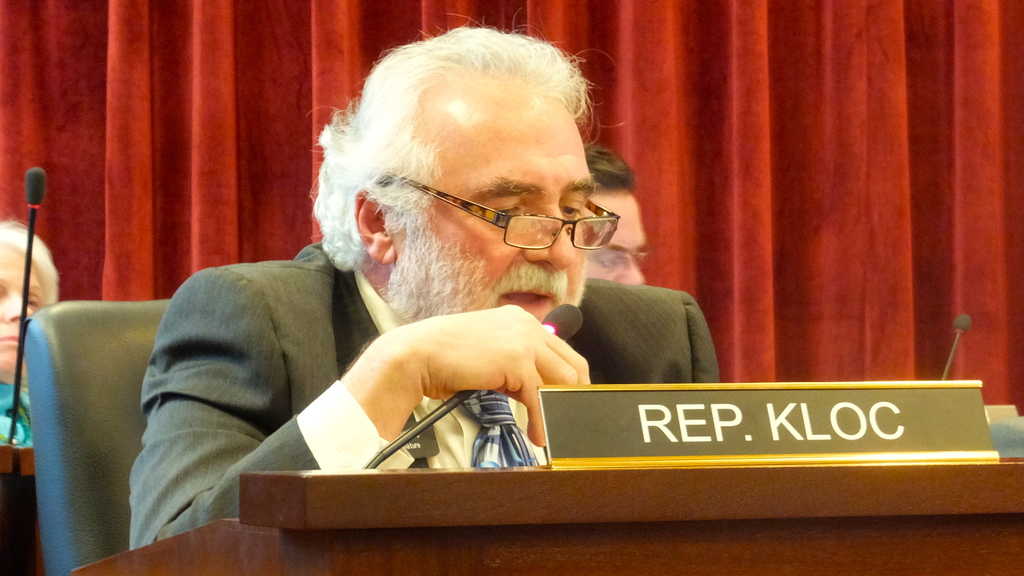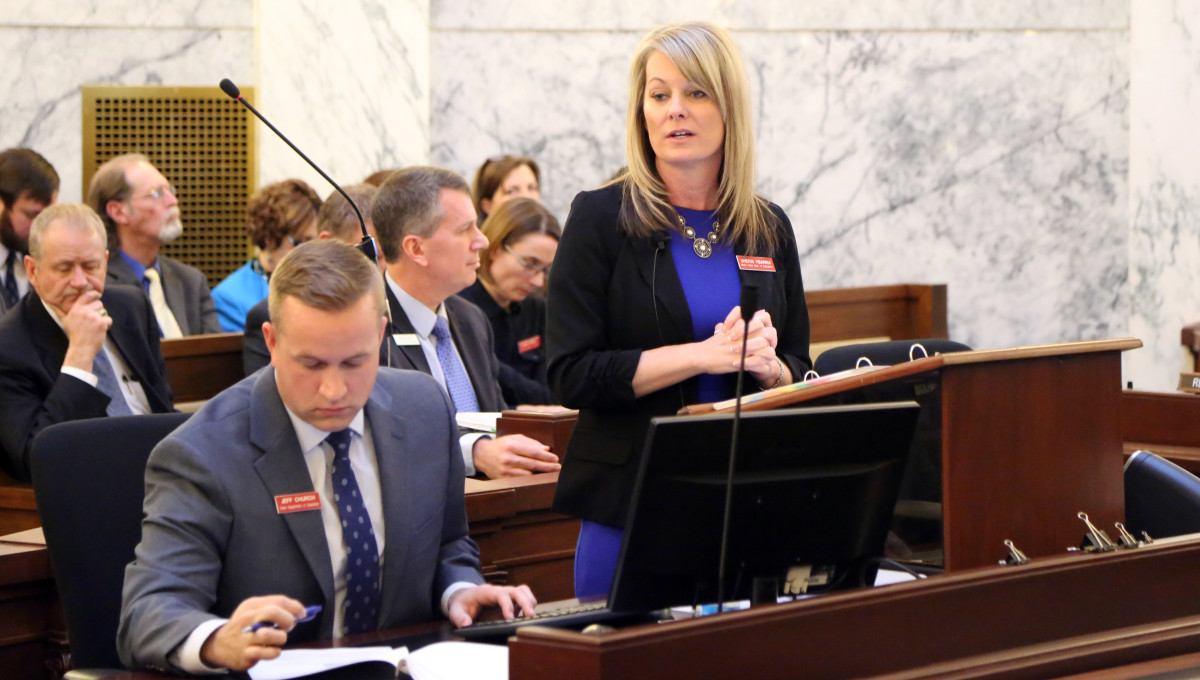A lot can happen in 75 legislative days.
Although some things are left undone.
The 2016 legislative session was busy on the K-12 front.
- Many big-ticket items in a $1.58 billion K-12 budget sailed through with bipartisan support.
- When all the numbers came in, legislators passed a 7.4 percent budget increase for K-12. They didn’t match Gov. Butch Otter’s request, but they met their goal of matching the 7.4 percent increase approved a year ago.
- After some public fits and starts, lawmakers managed to get on the same page on a literacy plan.
Let’s take a deeper look.
Ten big things that happened:
Year two of the career ladder. With very little disagreement, the Legislature made good on its pledge to put more money into teacher pay. Lawmakers funded the second year of the teacher career ladder, to the tune of $41.5 million. They also put more money into teacher pay for career-technical staff. They also extended the ladder to include pupil services staff, such as counselors and physical therapists.
Back to 2009. It’s been a long time coming. But the 2016 Legislature finally reversed recession-era cuts in school district “operational funding” — money districts can use for teacher pay and benefits, transportation and textbooks. Schools will get $25,696 per classroom, matching what they received seven years ago. The cost: $27.3 million.
Literacy. About 37,000 Idaho kindergartners through third-graders are not reading at grade level. Those students will now receive 30 to 60 hours of extra help, under the state’s new literacy initiative. It will be up to districts to decide how to provide the extra help; optional all-day kindergarten is one of the options. The cost: $9.1 million (Gov. Butch Otter had requested $10.7 million.)

More broadband bills. Once again, lawmakers had to cough up more money to clean up after the Idaho Education Network meltdown. They set aside $8 million to bankroll a possible settlement with network vendors, and cut a $971,000 check to Syringa Networks, the vendor that successfully challenged the broadband contract in court.
Bibles in classrooms. Teachers can already use the Bible in the classroom, as a reference work. Nonetheless, both houses passed a bill allowing the use of religious texts in general, and the Bible in particular. Supporters say the bill is a clarification. Critics say it’s unconstitutional. And they have an Idaho attorney general’s opinion on their side.
STEM expansion. In its second year, Idaho’s STEM Action Center secured a big funding increase. Lawmakers put $2 million into a computer science initiative, to rewrite classroom standards and provide teacher training. The funding was a partial win, though. Otter wanted an additional $8 million — to start a long-term endowment and attract private industry donations.

School security. A handful of legislators questioned the cost and the need for a new state office. But lawmakers voted to create a new division that will inspect Idaho’s schools and look for potential security threats. The state will hire a staff of five people, and the plan is to inspect schools on a three-year cycle.
School funding formula. After the 2016 session, a yet-unnamed group of legislators will take on a heavy lift. Their task: rewrite a complicated school funding formula that last received a makeover in 1994. In the meantime, the Legislature continued to look for ways to tweak at the edges of this outdated formula. A $1 million bill would provide extra money for virtual schools and alternative schools that take on additional students during the academic year.
Scholarships. Legislators devoted plenty of talk to Idaho’s go-on rate. They even passed a nonbinding resolution reaffirming their commitment to the state’s “60 percent” postsecondary degree goal. They put an additional $5 million into Idaho’s Opportunity Scholarship, and $1 million into a program for students who rack up college credits while in high school. However, Otter’s idea to “lock” college tuition went nowhere.
Charter contracts. New teachers at charter schools could find themselves working under a whole new set of rules. A new law will allow charters to write unorthodox or short-term teacher contracts — or even make teachers at-will employees. Supporters say the law will give charter schools additional room to innovate. Critics say the law will make charter schools a stepping stone to other teaching jobs.
And six big things that didn’t happen:

Pre-K. In 2014 and 2015, bills to create a statewide pre-K pilot program received a preliminary hearing in the House Education Committee. This year, the pre-K issue didn’t even make it to the starting line. For those keeping score — and early education advocates certainly are — Idaho is one of only five states that does not fund pre-K. That number continues to dwindle.
A fight over SBAC. No one seems terribly happy with the Smarter Balanced Assessment Consortium exam. But the second round of the SBAC is still a go for this spring. Attempts to dump the online exam went nowhere this session. State superintendent Sherri Ybarra urged the state to ride out its three-year SBAC contract.
School elections overhaul. The rules will stay the same for school elections — but not for a lack of proposals. Lawmakers from both parties pursued a number of changes. One bill would have moved nonpartisan school board races to the partisan November ballot. Other bills tried to apply financial disclosure laws to additional school elections. None of these bills even got a floor vote.
Science standards. More often than not, agency rules are dry, and generate little debate. That was not the case this session, as the House and Senate education committees rejected a lengthy rewrite of academic standards. Lawmakers blamed the process, and said Idahoans weren’t able to weigh in. But concerns about content — including evolution, the age of the earth and climate change — simmered under the surface of the debate. Expect another round of rules in 2017.

Rural schools center. Ybarra wants the state to set up rural centers that will allow far-flung districts to shop for a variety of services — from IT to human resources to budgeting. But her centerpiece legislative priority ran into budget problems of its own. Lawmakers wanted more details before putting $300,000 into the idea. A last-ditch bid to rescue the idea passed the House but stalled in the Senate.
Tax cuts. The House tried more than once to force the issue on tax relief. And the House did pass a $27.8 million plan to cut income taxes and increase the grocery tax credit — over the objections of critics who said the tax cut would jeopardize education funding. But the bill went nowhere in the Senate, and the session adjourned without any significant tax legislation.
